Many Iranian newspaper headlines on Sunday morning focused on social problems, particularly unemployment, divorce and the link between the two, as well as questioning the possible role of online social media in these phenomena.
An editorial in Avrinsh daily suggested that a possible reason behind increasing numbers of young Iranians turning to drug abuse is their frustration at the lack of opportunities to channel their skills, education, and potential into positive directions, accusing the regime of negligence and of ignoring young people’s demands.
Meanwhile, an article in the Etemad newspaper suggested a possible link between growing use of social media and increasing divorce rates, with 163,000 divorces in Iran last year, an increase of approximately 73 percent on the previous year.
In terms of news, the main subjects dominating the day’s headlines were the visit by the head of the Iraqi parliament to Tehran and his meeting with officials of the Iranian government, primarily his counterpart, Ali Larijani, and the debut of the regime’s new homemade ‘Power 373’ missile defense system.
Other news stories in today’s Iranian press included assurances from the presidential office about the lack of legal barriers to holding concerts in the city of Mashhad; allegations about the reasons for high rates of destitution and begging, and reports on the inauguration of a new gas refinery, the largest such facility in the Middle East, as well as coverage of Tehran’s request to Iraq to implement the free trade agreement between the two nations.
![]()
Avrinsh Newspaper
“Social problems Reproduction”
This newspaper investigates the epidemic drug addiction among the Iranian youth. “Addiction is the root of other problems in Iran,” the editorial says. Addicts cannot function just like ordinary people; consequently, new social problems will emerge like the phenomenon of spinsterhood and divorce cases in addition to growing unemployment rates. The editorial attributes the Iranian youth turnout for drugs to repression and not exploiting the power of youth by the government. The government launched campaigns against young people for silly reasons such as playing in public parks and attending movie festivals. This most crucial social category, the editorial concludes, would eventually turn into moral laxity and corruption that has infected the whole society.
Arman Newspaper
“The Future of Ahmedinejad and Rouhani”
This editorial extrapolates the conduct of the Iranian presidential elections of 2017. The editorial believes that former president Ahmedinejad is no more accepted by the Iranian community and cannot be re-elected due to his mismanagement and the negative impact of his policies on the country. On the other hand, it seems that there is a good chance for Rouhani to remain Iran’s president for a second term, but this relies on his performance in the coming months to deliver. The editorial rejected the calls for preventing Ahmedinejad from running the elections by neither the Guardian Council nor reformists. To be re-elected, the editorial asserts, Rouhani has to be mindful that without progress and repair of the economy, his chances of winning a second term will vanish.
Etimad Newspaper
“Divorce and Social Media Networks”
This editorial handles the correlation between social media use and divorce rates in Iran. This issue, the editorial states, is one of ten top problems that concern the Iranian society, especially divorce that has emerged as the fifth top concern. The editorial denies the idea that social media is the major cause of 90% of divorce cases in Iran, saying that those statistics rely on no real basis. The editorial explains that if the increase in divorce rates goes back to social media, it will not exceed 40% since the emergence of the social media networks up to now. The editorial states, “In 2006 statistics reported 94 thousand divorce cases, while the number jumped to 163 thousand cases last year with 73% increase rate.” Etimad, in fact, is a reformist newspaper and is defending the social media networks although its statistics contrast its position toward the correlation between social media networks and divorce rates, not only in Iran but also in the whole world. Indeed, the situation in Iran is very critical that led the government to ban the release of any statistics concerning this issue early this month. The editorial concludes, “Even if there is a positive relationship between social media networks and divorce rates, these networks can’t be banned in Iran as they have become important means of communications and part of modern life.”
![]()
♦ No problem in holding concerts in the religious cities
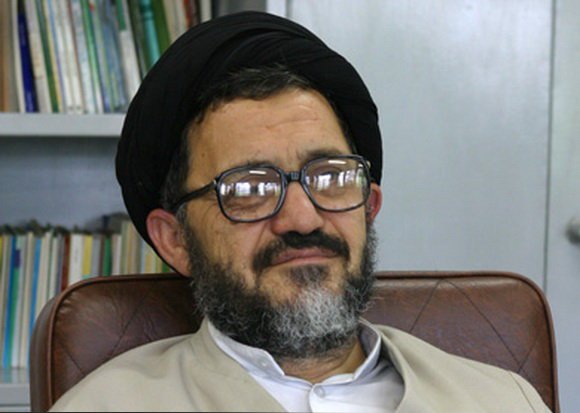
Reza Karimi, the President of Iran’s Cultural Council, announced that there is no problem with holding concerts in Iran’s religious cities so long as the organizers and concert-goers abide by the laws governing such events and obtain the proper authorization. Karimi said that while the city of Mashhad is venerated by the Iranian people due to the presence of the shrine of Imam Reza, the eighth of the twelve sacred Imams in Twelver Shiite theology, as are other cities such as Rey, Shiraz and Qom, this is not a reason that religious cities should be regarded as isolated islands segregated from Iran’s other cities. The senior official stressed that concert organisers must ensure that the events are properly controlled and have the correct authorization so that those in charge cannot simply do what they like, adding that those who disapprove of such events in Mashhad are welcome to attend and to assess the musicians’ and concert-goers’ clothing in order to verify that everyone is properly attired. On doing so, he said, critics will realise that rather than preventing concerts from being held, they should think about the value of such events which are a cultural asset.
Source: Arman-e Emrouz newspaper
♦ Larijani meets Iraqi counterpart declared Iran’s readiness to cancel entry visas between the two countries
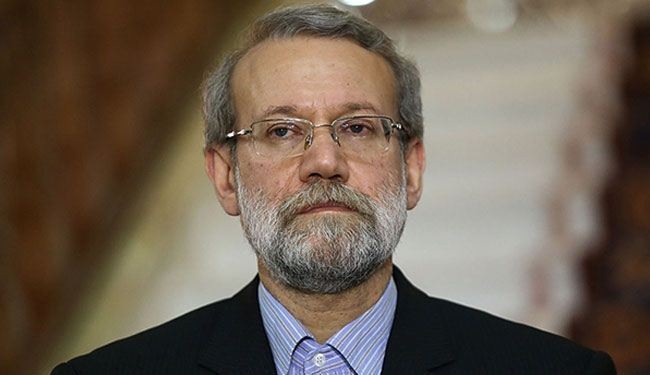
Iranian Parliament Speaker Ali Larijani met his Iraqi counterpart, Salim al-Jubouri for discussions on bilateral relations and the international situation.
During the meeting Larijani stressed that Iraq and Iran enjoy good relations and many common interests, stating that the positions of the two countries on regional and international issues are close to a large extent. He called for greater investment in this convergence to strengthen ties between the two countries, The Parliamentary Speaker added that Iraqi Prime Minister Haider al-Abadi has demanded the cancellation of entry visas between the two countries and that Iran is fully ready to implement this agreement.
Source: Tasnim Agency
♦ Chairman of the Supreme Committee of Iranian Free Trade Zones strongly criticises Minister of Industry
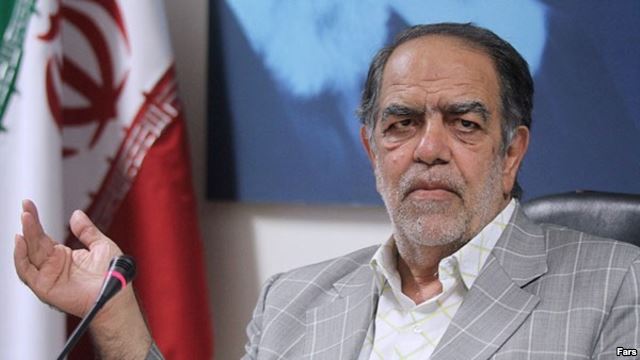
The President of the Supreme Committee of Iranian Free Trade Zones, Akbar Tarkan, has strongly criticized the Iranian Minister of Industry and Minerals and Trade, Mohammad Reza Nematzadeh, accusing Nematzadeh and the ministry of weakness and failure to monitor large smuggling operations taking place in these regions.
Tarkan said that the Minister of Industry, “is talking about some issues without knowledge or expertise and as he liked”, continuing, “Is it decent to talk about certain topics related to this issue? I am ashamed to mention a number of issues related to it because talking about Ministers of State is not a democratic action, but no more than a figment of the chaos.” The committee chief warned that if the minister repeated accusations against the Supreme Committee of Free Trade Zones, he (Tarkan) would reveal information that would reflect negatively on Nematzadeh.
Source: Fars News Agency
♦ Capture of “disguised Takfiri members of a terrorist cell” in western Iran
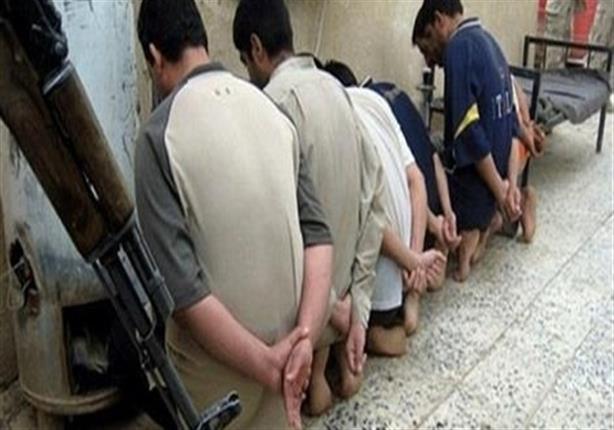
Four days after Iranian officials reported the killing of the members of a “terrorist cell linked to Daesh” in Kermanshah province, the Iranian Ministry of Intelligence on Sunday announced the arrest of the fugitive members of the cell in the west of the country, and the seizure of a large quantity of explosive material in their possession.
According to the news agency, IRNA, the Iranian Ministry of Intelligence reported clashes on Wednesday, July 20 between Iranian security forces and members of the “terrorist takfiri” cell in western Iran, with the intelligence ministry reporting that “disguised elements” of this cell were arrested on August 18.
According to this statement, the operation to capture the cell was a joint operation between the Intelligence Ministry and the Revolutionary Guards, with the ministry announcing that it had uncovered “bunkers and warehouses used by the cell” from which it had seized large quantities of military equipment, including remote controlled weapons a Kalashnikov weapon, a hand grenade suicide vests and belts, electric detonators, bombs and bomb-making equipment, and other related items.
Security officials in Iran reported on Tuesday (August 16) that clashes had taken place between the Intelligence Ministry forces supported by regime security forces and Iranian police with cells “belonging to Daesh” in Kermanshah province, clarifying that four members of the Daesh cell had been killed in the fighting while another six had escaped.
The assistant of Minister of Interior and Public Security, Hussein Dhulfaqari without reference to the details stated that one of those killed in the clashes were ” one of outstanding current takfiri elements” in Iraq.
Iranian authorities have announced a number of arrests recently of “terrorist cells” supposedly affiliated to Daesh in Iran without revealing any of the details.
The Iranian Ministry of Intelligence earlier claimed in a statement released on Friday, May 10 that it had “thwarted several bombings” planned by “Wahhabi Takfiri groups” in Tehran and “several other provinces,” announcing the arrest of a number of people linked to this plot. Iranian state television subsequently broadcast a film on this subject, in which they claimed that these people had received orders from Daesh to prepare and carry out attacks in “50 locations in the city of Tehran.”
Source: Arman newspaper
♦ From slums to begging
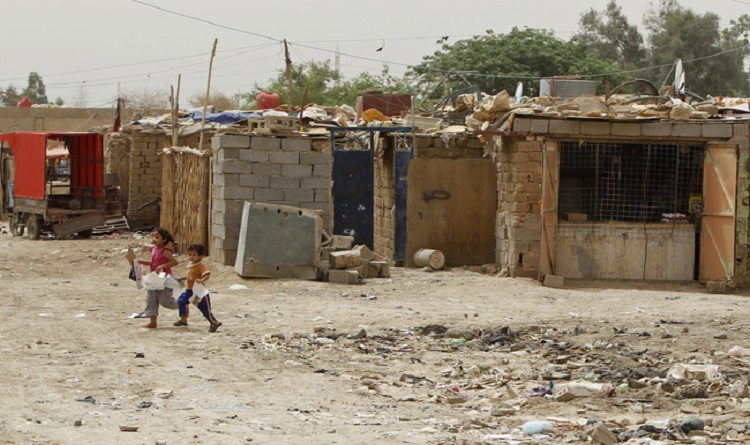
Ebtikar Newspaper addressed in a report, the slums phenomena in Iran, which started since cities founding. There the nearly 18 million citizens live in slums and suffer from extreme poverty; this means that nearly a quarter of Iran’s population lives in slums. The phenomena reflected negatively on those citizens, therefore, begging and child labor rates have increased, as well as street vendors and some other damage. Moreover, slums suffering several problems, such as the lack of healthy environment and addiction, especially among women. The report mentioned that migration of villages’ residents to the outskirts of towns has recorded great rates, and statistics indicate that 34 villages have been emptied of the population during the last fifty years. In addition, statistical data indicate that there are approximately 11 million people live in slums, and 7 million people are living in poor areas, immigration has grown to Tehran in recent years with 4.7%, where Tehran population increased by 5%.
Source: Ebticar Newspaper
♦ 13 thousand children in Bushehr left education
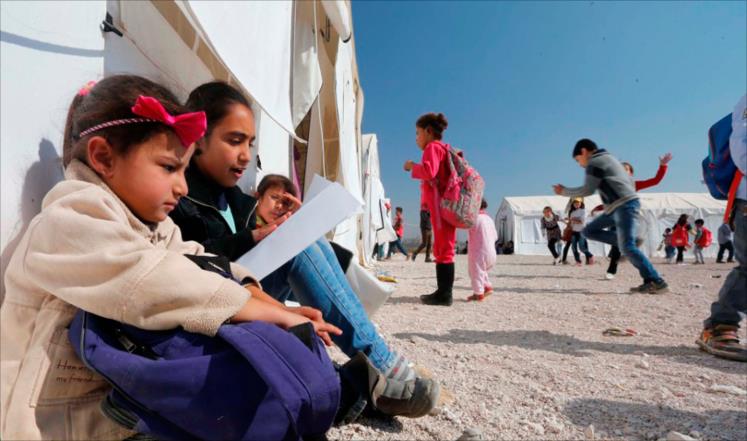
The general manager of social damage in the Ministry of Social Affairs that there is a project to support nearly 13 million children who have left education. He added that the dropped out will be sent back to schools, especially those who aged under eighteen. He also added that an improvement over the previous three years, especially in the rate of drug addiction, which fell by 61%.
Source: Shahrvand Newspaper
♦ Assistant Interior Minister: We have reports about electoral violations over Ahmadinejad’s visits

Political affairs assistant of Interior Minister of Iran, Mohammad Hassan Moqemi, referred in a dialogue with young journalists site to the early publicity for elections to the Iranian presidency in 2017. He stated, “if we get reports on early entry into the publicity of elections for 2017, it will be announced, of course.”
If there yet a report about electoral violations by Ahmadinejad, taking into account the recent local visits, and that Ahmadinejad is an Iranian citizen and should abide the law. Doubts spin about his local visits that came along with his campaign. This matter has not been codified yet; it is mainly the responsibility of the Guardian Council.
Source: Jam-e Jam
